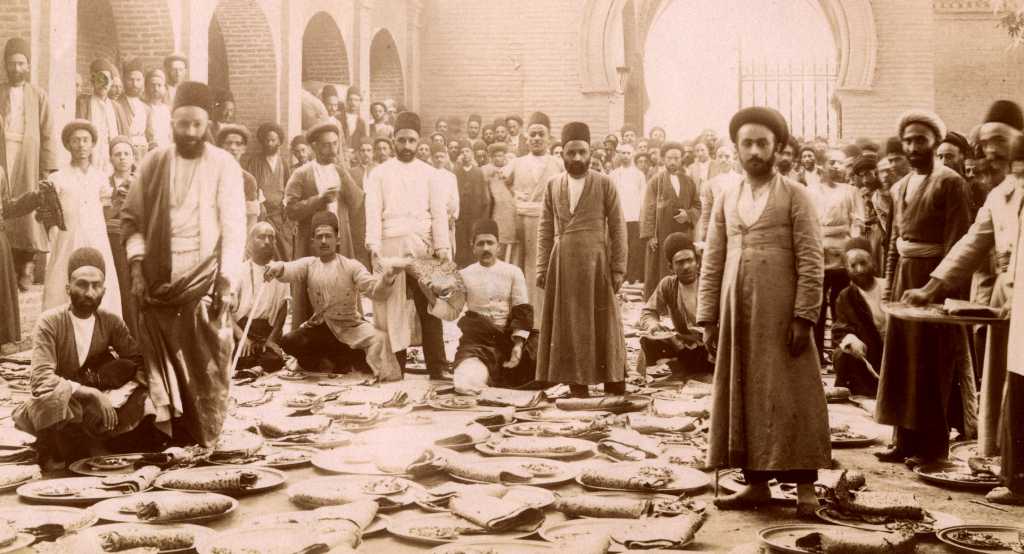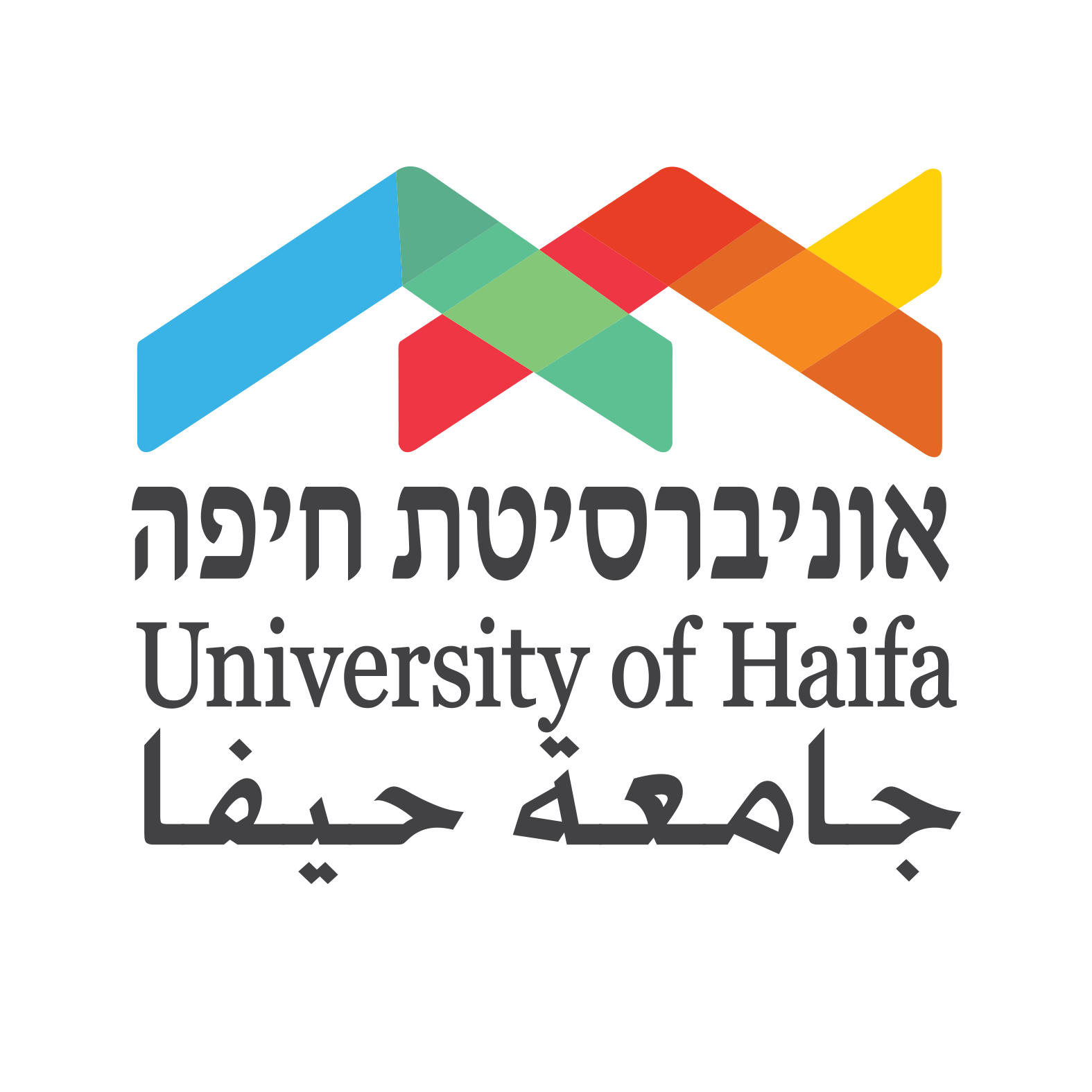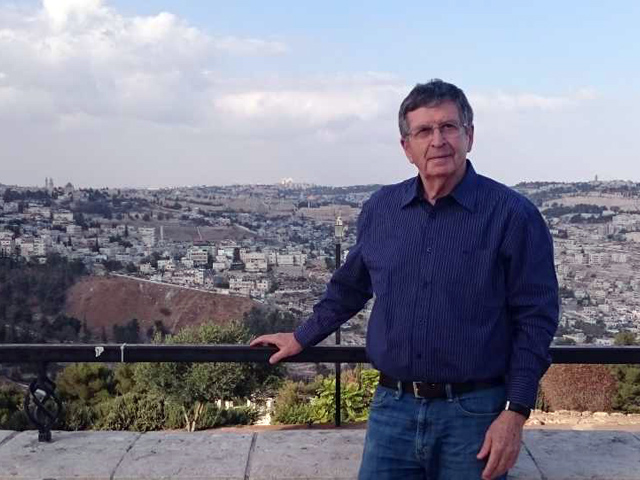Rewriting the Economic History of the Modern Middle East
Prof. Emeritus Gad Gilbar, among Israel’s foremost economic historians, received an
honorary award (Yakir) from the Middle East and Islamic Studies Association of
Israel (MEISAI) for his innovative research into economic and social forces that
were reshaping Muslim societies at the turn of the 19th century.
 “The period when Muslim big merchant-entrepreneurs flourished, between the mid-19th and early 20th centuries, was characterized by unprecedented economic, social and political changes in the Middle East,” notes Prof. Gilbar. “As these big merchants – known as tujjār – emerged as a new social group, they contributed significantly to economic growth and modernization in the regions where they operated, namely Iran, the Persian Gulf, the Fertile Crescent and northern Anatolia. They played an important role in connectingMiddle Eastern markets to the global economy, supported reform movements in Iran and the Ottoman Arab provinces, and had a hand in the establishment of the first parliament (majles) in Iran and the adoption of the first Iranian Constitution of 1906.” Prof. Gilbar also emphasizes that the tujjār were influential in encouraging both modern and traditional forms of education and supported the publication of local journals in several urbancenters.
“The period when Muslim big merchant-entrepreneurs flourished, between the mid-19th and early 20th centuries, was characterized by unprecedented economic, social and political changes in the Middle East,” notes Prof. Gilbar. “As these big merchants – known as tujjār – emerged as a new social group, they contributed significantly to economic growth and modernization in the regions where they operated, namely Iran, the Persian Gulf, the Fertile Crescent and northern Anatolia. They played an important role in connectingMiddle Eastern markets to the global economy, supported reform movements in Iran and the Ottoman Arab provinces, and had a hand in the establishment of the first parliament (majles) in Iran and the adoption of the first Iranian Constitution of 1906.” Prof. Gilbar also emphasizes that the tujjār were influential in encouraging both modern and traditional forms of education and supported the publication of local journals in several urbancenters.
Food for the bastis (strikers) in Tehran in 1906 financed by Muslim big merchants. This major
grassroots protest brought about the establishment of the first Iranian majles (parliament).
Today, more than ever before, policy-makers understand that economic history is integral to shaping global economic governance, and they are turning to academics for historical perspectives. “The underlying connections between economic developments and political change can provide us with deeper insights into the evolution of events,” explains Prof. Gilbar whose scholarly works integrate interdisciplinary concepts and methods from the social sciences and humanities. “Our challenge as historians is to uncover the hidden undertones and the interrelationships between socio-economic and political events.”
In announcing the award, the Judges Committee highlighted the aspects of Prof. Gilbar’s works that changed perceptions about the economic development of Muslim societies in the late 19th century. “His distinct research approach examining connections between economic processes and their political outcome is an important distinguishing factor of his scholarship. Additional fields covered through his extensive studies shed light on the connection between demographic changes and economic, social and political conditions.”
Author of several books and dozens of articles, Prof. Gilbar is a widely recognized
economic historian of the Middle East. His research covers the economic and the
demographic history of Iran, Egypt and Palestine during the 19th and 20th centuries.
During his distinguished career at the University of Haifa – spanning over four
decades – he served as head of the Department of Middle Eastern and Islamic
Studies, chairperson of the executive board of the Ezri Center for Iran and
Persian Gulf Studies, Rector of the University, and was a member of
Israel’s Council of Higher Education.


